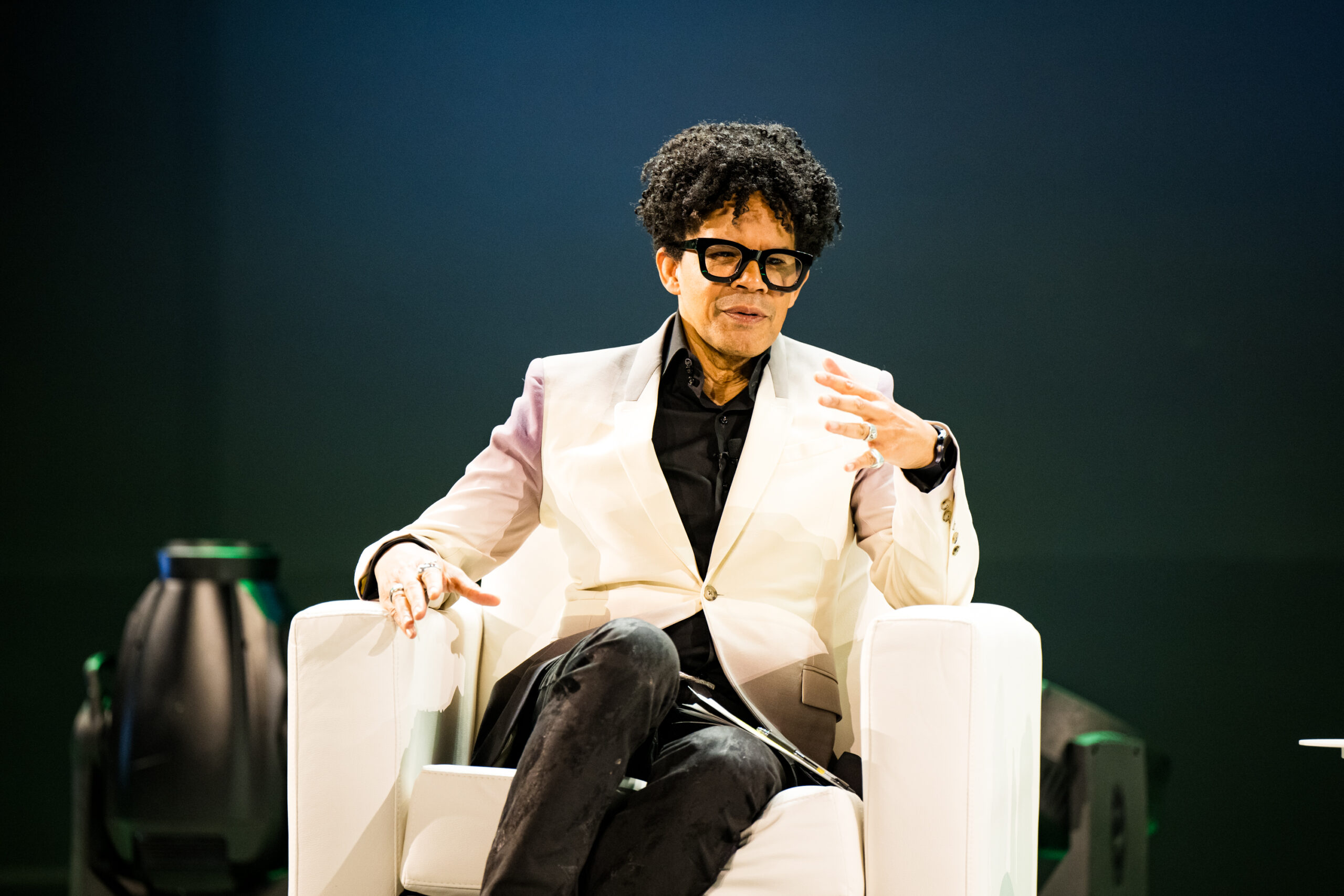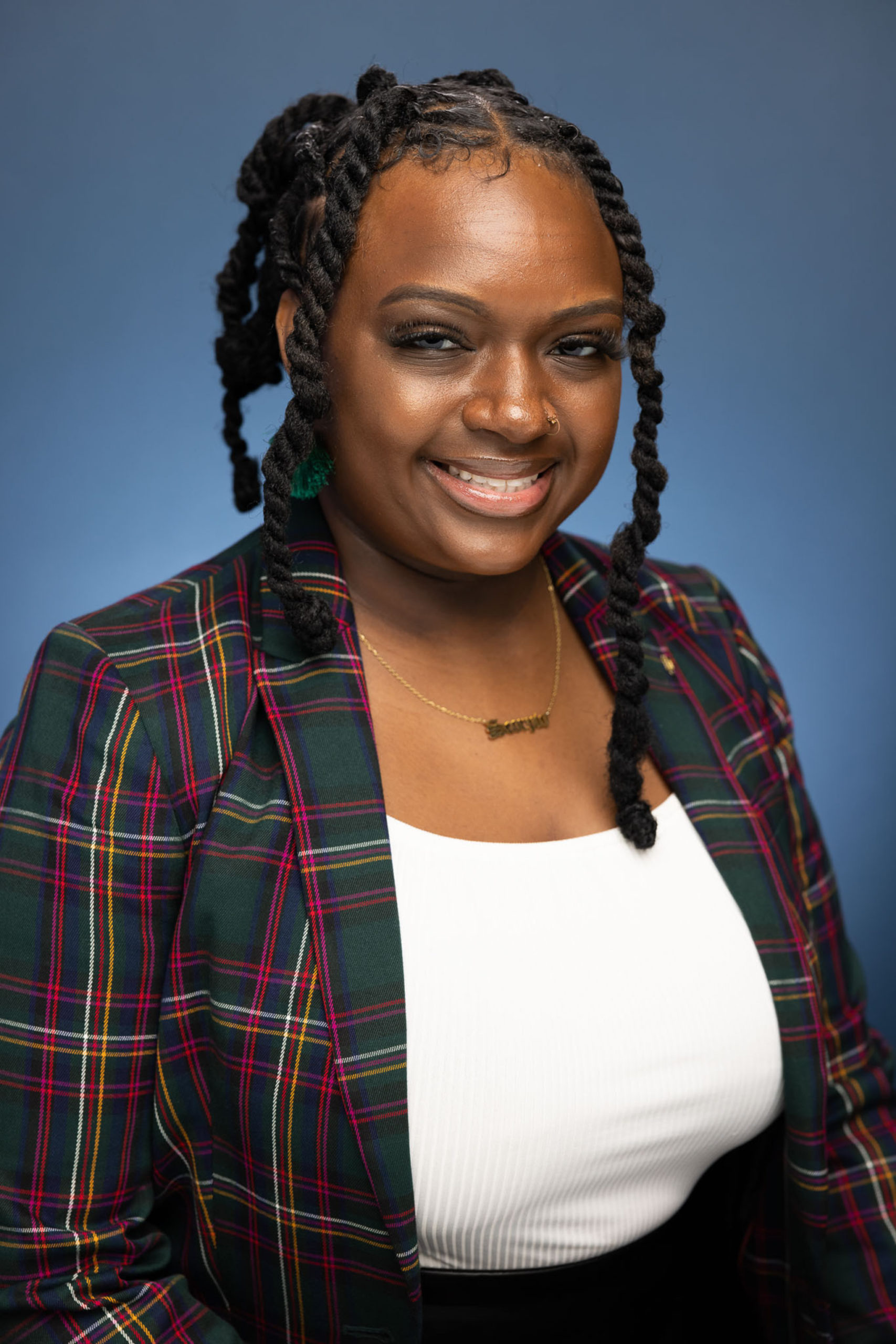Sometimes, the perfect collaboration starts with genuine interest and collaboration. As founder and CEO of the award-winning ad agency Walton Isaacson, Aaron Walton’s career exemplifies the mastery of leveraging celebrity and influencer partnerships to elevate brands to new heights.
Walton’s impressive portfolio spans iconic collaborations, from the Spice Girls’ November 1997 campaign with Polaroid to Michael Jackson’s enduring partnership with Pepsi. Most recently, he helmed Beyoncè’s partnership with Lexus during her “Renaissance World Tour.” Walton’s work on some of the most creative advertising campaigns has made him an expert in the field. He shared his keys to success with attendees during the AFROTECH™ 2024 Conference.
“Something as a brand that is important, when you’re looking at connecting with a celebrity, you have to make sure that you do your homework and make sure your cultural values are aligned,” Walton told AFROTECH™ following his session “The Art of Brand Collaborations” during this year’s conference.
View this post on Instagram
“That you’re literally at a point where you can support what they’re doing, but you also need to be open to the fact that they can support what you’re doing. They may be able to open doors where a brand hasn’t been able to get to, but you have to do it authentically,” he continued. You have to do it in a way that feels organic, to build the brand to the celebrity or the influencer, and make sure that you’re looking at this partnership for both because, at the end of the day, if that works, the real winner is the consumer because the consumer is the one who gets some of the benefits of understanding more about what the brand is trying to communicate or sell.”
He notes that the ultimate goal between the consumer and a brand should be how well the pair can complement one another and that this concept should not be viewed negatively. Instead, he says that both parties should uplift one another.
“First, we must be honest about where many trends come from. They come from these communities. The Black community, the LGBTQIA+ community,” he explained. “Let’s acknowledge that this is where they come from, and let’s agree we need to be a part of that. How are you a part of that is important.”
He added, “Just deciding, for example, that you all of a sudden see something splashy and big, and you want to splash a brand on it, if that’s not part of what your culture is, what your ethos is as a brand, consumers are going to understand that it’s phony, and it doesn’t work. I saw, you know, sadly, tragically, in 2020, during the George Floyd murder and the Breonna Taylor murder and so many others, a lot of brands didn’t know what to do or didn’t know what to say. So, statements started getting written. Promises were made, but marketers admitted that they hadn’t been representing the diverse communities, which means they hadn’t respected them. And I started advising clients. We can’t jump into this if that’s not who you were before.”
For companies with an authentic presence in that space, Walton explains, it meant they could continue those practices with credibility. However, for those lacking that foundation, he highlighted the potential pitfalls and risks brands could face, operating in ways that were not authentic to them.
With the current state of the world and many companies failing to uphold the same DEI practices that were put in place in 2020, Walton says the best thing to do is to remain true to your values.
“They’re gonna have to do the right thing, but they shouldn’t be about just wanting your money,” said Walton. “They should want the loyalty in your heart and mind because you’re more likely to stay with them longer when they get that. The acquisition of a customer becomes much more efficient if I get you early and continue to reinforce our shared, valued connection. You become an advocate and talk to other people. That is important because you have authenticity as a consumer with this relationship with the brand.”
While he is very optimistic about what lies ahead regarding the relationship between brands and the communities that they serve, Walton says he knows that there is still much more work to do, especially against forces that are attacking DEI practices. If a brand aims to succeed, Walton says they must look at the right data and do the right thing.
View this post on Instagram
Looking to attend AFROTECH™ Conference 2025? Secure your early bird tickets now — Oct. 27 – 31, 2025, in Houston, TX.


